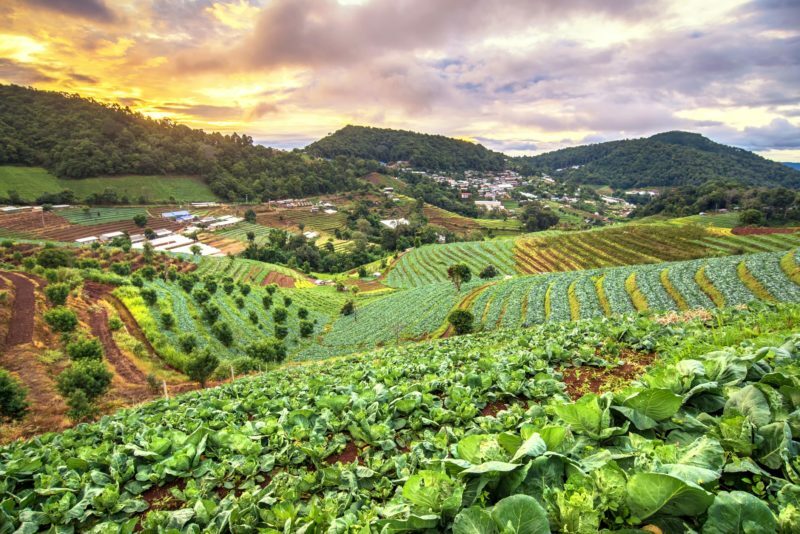“Protecting organic farmers from the consequences of conventional pesticide overuse and ensuring that technological development is accessible across the diversity of the organic sector are two of or our top priorities for 2020. We are thrilled that this funding from USDA will help us achieve our goals of addressing these issues,” said Dr. Jessica Shade, Director of Science Programs for The Organic Center, in the press release.
OREI has awarded 20 research grants this year, the press release says, totaling $17 million in funding. The 2018 Farm Bill approved increasing funding for OREI to $50 million per year by 2023, establishing permanent funding for the program.
The first project will make use of funding to help protect organic farmers from inadvertent pesticide contamination from sources including pesticide drift, rain and irrigation water, or through the soil. Inadvertent chemical spread can ruin organic crops and make them unsellable as organic, leading to economic losses for organic farmers. The project will gather information on crop losses and specific pesticide residues that are the most problematic in contamination, and determine what research and education is necessary for developing and implementing a comprehensive plan to control pesticide contamination in organic crops.
The Organic Center will be collaborating with a team including researchers from Washington State University, Arizona State University, Cal Poly, Montana State University, University of Montana, Purdue University, Texas A&M University, University of California at Berkeley, and University of Montana. The grant for this project totals $50,000.
Related: #NaturallyInformed: From Farm to Conference U.S. Food System Is Killing Us; Regen Ag Is the Solution Study: Intensive Farming Increases Risk of Epidemics
The second project is devoted to innovation through accessible and equitable agricultural technology. AgTech has helped agriculture improve yields, increase efficiency, and boost profitability, but the technology that currently exists does not always align with what organic farmers need, in part because organic farms are not always large-scale operations.Addressing this need, The Organic Center has been awarded a grant of $50,000 to host a two-day conference examining the needs of smaller farms; exploring challenges to equity and accessibility; fostering partnerships to produce free, open-source tools for organic farmers; exploring ways to take down the barriers preventing small farms from adopting AgTech; and fostering innovation through accessible and equitable AgTech.
The AgTech Confluences Conference will partner with Gathering for Open Agricultural Technology (GOAT), and will include a workshop that will pair organic farmers with AgTech software programmers and hardware engineers in a collaborative “hackathon,” where code, prototypes, and other deliverables will be designed.
“Without a focus on making AgTech equitable and accessible for the organic community, we risk exacerbating current disparities in farm profitability and long-term success. This conference will not only connect AgTech abilities with organic needs, it will also build a scaffolding for ensuring organic AgTech fosters innovation across the board, supports social equity and is accessible to small and large farms alike,” Shade added.
The Organic Center is also collaborating on other grants from USDA, including a research project on an organic alternative to celery powder for meat curing; a study on the use of animal-based manure and compost in organic to prevent the risk of soil pathogens; a project evaluating the food safety impacts of cover crop-grazing; and a planning grant to assess and quantify current practices and research priorities to combat Huanlongbing, or citrus greening disease.










